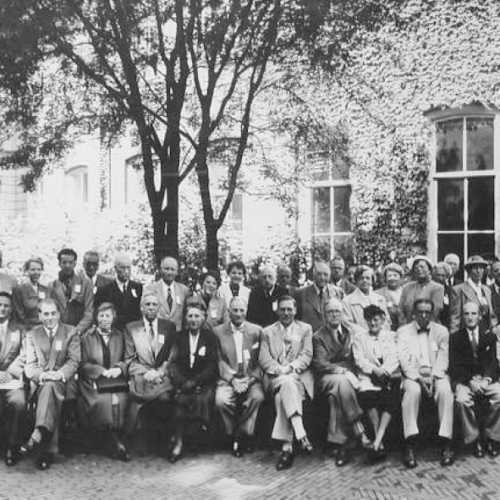

Humanists International was formed in 1952 as the International Humanist and Ethical Union (IHEU): a federation of the American Ethical Union, American Humanist Association, British Ethical Union (now Humanists UK), Vienna Ethical Society, and the Dutch Humanist League. The Union had an even earlier precursor in the International Ethical Union, formed in 1896, the same year as the UK Union of Ethical Societies was founded.
International cooperation and the application of humanist principles on a global scale have always formed a central part of the values embodied by all of these organisations, continuing today in the work of Humanists International, and Humanists UK. Notably, the first directors of UNESCO (Julian Huxley), the United Nations’ Food and Agriculture Organization (John Boyd Orr), and the World Health Organization (G. Brock Chisholm) were all prominent humanists.
The International Humanist and Ethical Union (now Humanists International) had its origins in a number of organised humanist movements internationally, as well as a direct forerunner in the International Ethical Union, which held its first congress in Zurich in 1896. Here, delegates were present from British, American, and European ethical societies, and a set of principles for an international movement were agreed upon. Between 1908–1932, the International Ethical Union organised a congress every four years, but were brought to an end by the Second World War.
During the interwar years, a number of humanists were prominent in organisations formed with international cooperation and peacekeeping in mind, including the League of Nations, and the International Committee on Intellectual Cooperation, whose members included Albert Einstein and Marie Curie. Humanist Gilbert Murray was chairman of the latter body 1928–1939, and in 1936 its annual conference was held under the theme: Vers un nouvel humanisme (Towards a new humanism). The ICIC, bringing together scientists, educators, artists, and other intellectuals, provided a significant space for debate and cultural exchange. It continued until the end of 1946, when it was absorbed by UNESCO (whose first director was humanist Julian Huxley).
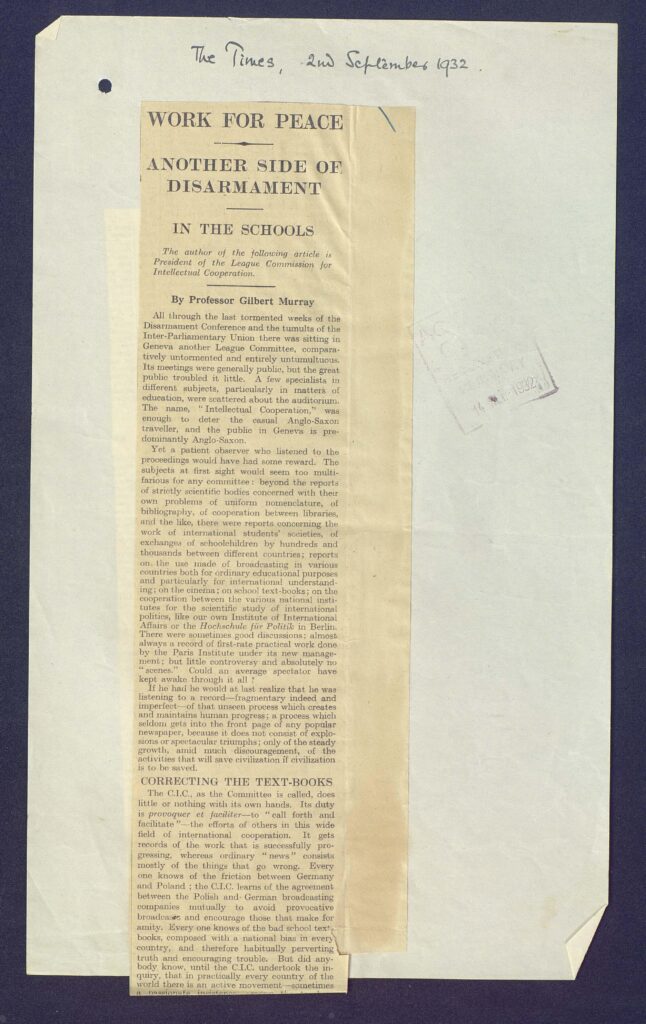
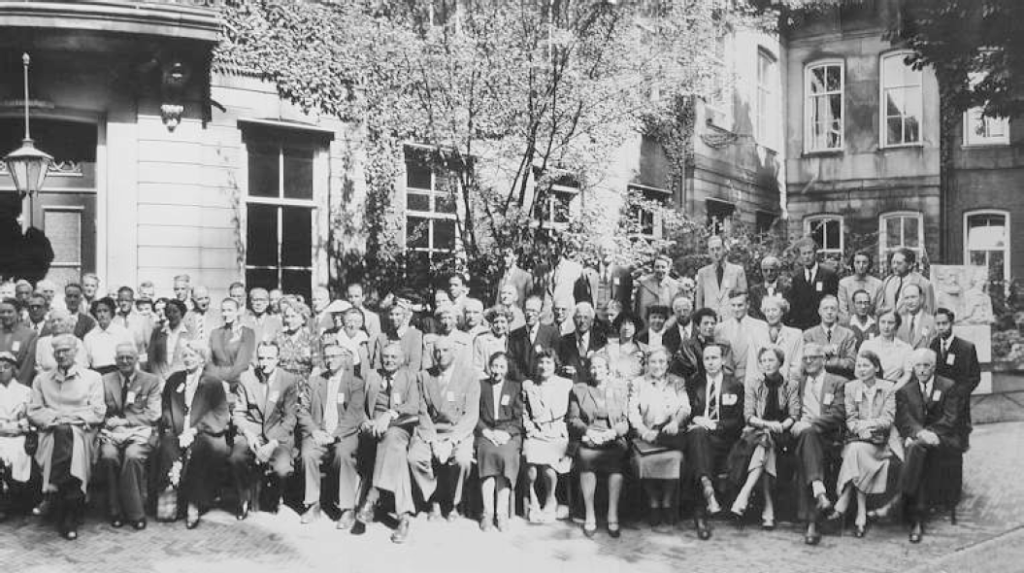
In the UK, H.J. Blackham – a leader of the organised humanist movement – had sought after the Second World War to revive the existing ‘World Union of Freethinkers’. He undertook the organisation of its first post-war conference, held in 1946 at Conway Hall, London. Disappointed with the outcome, Blackham continued to pursue an international humanist movement, finding sympathetic collaborators in Dutch humanist leader Jaap van Praag, and M.N. Roy, founder of the Indian Radical Humanist Movement, as well as maintaining close contact with other European and American humanist groups. The major organising bodies of the IHEU’s founding congress were the American Ethical Union, American Humanist Association, British Ethical Union, Vienna Ethical Society, and the Dutch Humanist League. The UK’s Ethical Union, its American counterpart, and the Vienna Ethical Society formed a direct link with the formation of the International Ethical Union over half a century earlier.
First to draft a conception of humanism on an international level, and second to establish permanent relations between humanist and ethical groups all over the world.
Jaap van Praag, chairman of the organising committee, on the aims of the Congress
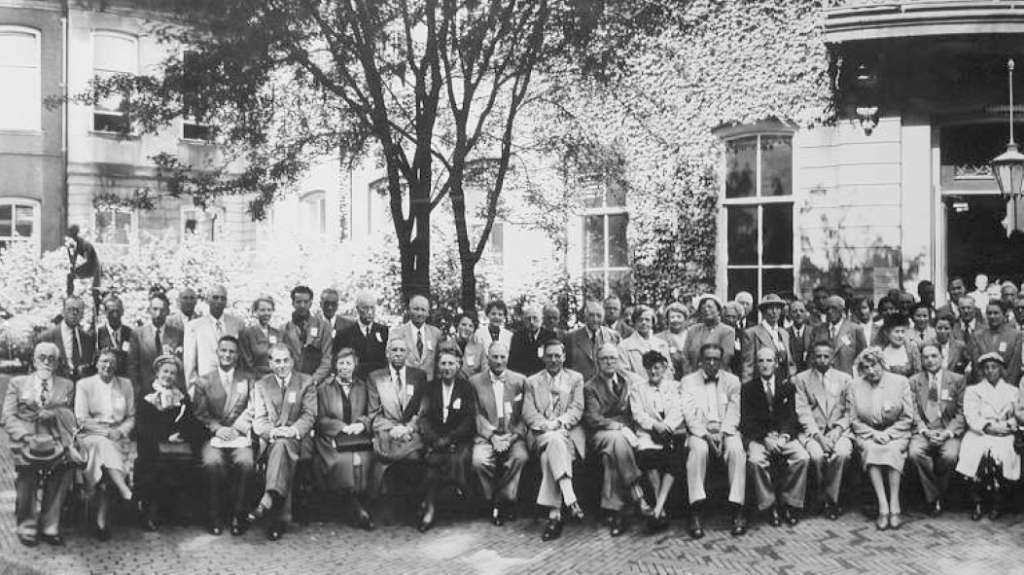
The inaugural congress and official founding of the International Humanist and Ethical Union took place in Amsterdam, 22–27 August 1952. On the congress’ final day, five resolutions were passed, which included a statement outlining ‘the fundamentals of modern, ethical humanism’. This resolution came to be known as the Amsterdam Declaration. More than 200 attendees were present, representing the Netherlands, the UK, US, France, Germany, Belgium, Japan, Australia, Finland, and Austria. From this point onward, the IHEU worked to consolidate its aims and cooperate with member organisations around the world. Later congresses took place in London (1957) and Oslo (1962). Its committee included van Praag, Blackham, Sidney H. Scheuer and Jerome Nathanson of the American Ethical Union, Edwin H. Wilson, Lloyd and Mary Morain of the American Humanist Association, and Ellen Gottschalk Roy and Sib Narayan Ray of the Indian Radical Humanist Movement.
Today, the IHEU (known since 2019 as Humanists International) continue to provide an international voice for the global humanist movement, and act as the representative body for a diverse range of non-religious organisations. Humanists International campaign on humanist issues, work to defend humanists at risk, lobby for humanist values at international institutions, and work to build the humanist movement around the world.
History of Humanists International | Humanists International
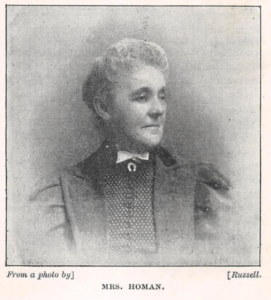
Ruth Homan was an educationist, women’s welfare campaigner, and one of the founding members of the West London Ethical Society […]
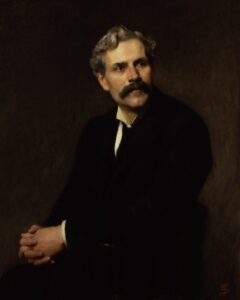
The moral value of a belief in eternal life is a doubtful matter. But this is certain, that where rest […]
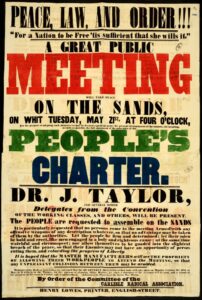
A mass working class movement for universal male suffrage Read more Chartist Ancestors and Women Chartists Chartism by David Avery […]
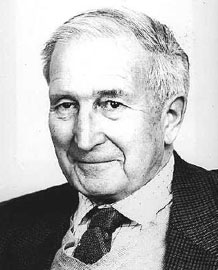
Antony Flew was a British philosopher and was, for much of his life, a renowned atheist and eloquent proponent of […]